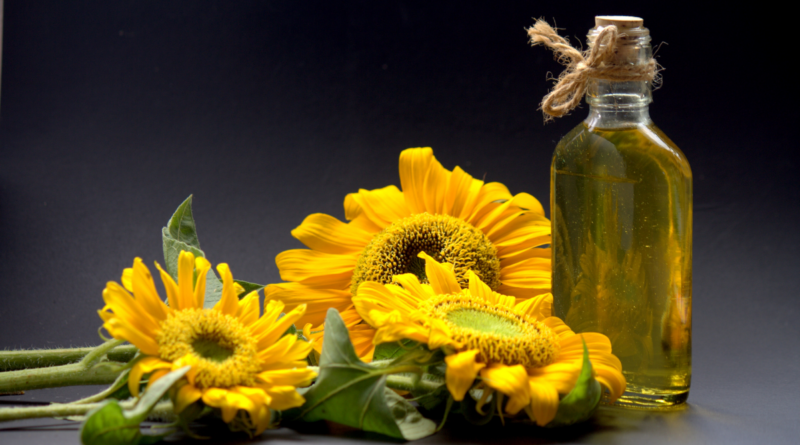Govt mulling 100% procurement of pulses and oilseeds from farmers.
After allowing procurement of 100 per cent of production in case of tur (pigeon pea), urad (black matpe) and masur (lentil) at minimum support prices this year, the Centre is considering allowing more pulses and some oilseeds under it. However, the official procurement will depend on prices at agriculture market yards (mandis) as currently prices of some of these crops are ruling higher or at par. In the Central Zonal Council meeting recently, co-operation minister Amit Shah is believed to have indicated that agri co-operative Nafed will be asked to buy 100 per cent of farmers’ production this year at minimum support prices (MSPs). On June 6, the Centre announced its decision removing quantitative limit on procurement of tur, urad and masur under Price Support Scheme (PSS) for 2023-24 following approval by the committee of secretaries, with the objective to encourage farmers expand the area and increase production. Move to raise acreage’In order to boost domestic production, the government removes ceiling for procurement of tur, urad and masur under PSS for 2023-24 and farmers are free to sell any amount of their produce this year,’ the Consumer Affairs Ministry had said in a release. The decision expected to increase the sowing area of tur and urad during current kharif and of masur in rabi season, it said. However, according to the Agriculture Ministry’s compilation of sowing data from States, the pulses acreage in kharif 2023 was lower by 4 per cent at 123.57 lakh hectares (lh), compared with 128.98 lh in the year-ago period. Arhar, urad, moong, kulthi and other pulses all ended with a lower coverage. The Agriculture Ministry, which manages the PSS scheme, moved the proposal well in advance before the CoS, headed by the Cabinet Secretary as it was apprehensive about production of pulses. Stock limited extendedUnder PSS, the government buys maximum 25 per cent of production of pulses and oilseeds from farmers at their minimum support prices (MSPs) when mandi rates fall below these benchmark prices. However, if States request, the ceiling is enhanced to 40 per cent. The Centre had also imposed stock limit in June which got extended until December 31 for tur dal and urad dal, specifying wholesalers, retailers, big chain retailers, millers, and importers not to keep these pulses more than the specified limit. Currently, the all India average mandi prices of tur are around Rs.9,561/quintal against its MSP of Rs.7,000, while that of urad at Rs.6,931/quintal against Rs.6,950/quintal MSP and moong Rs.7,877 against Rs.8,558/quintal MSP.
This article has been republished from The Hindu Business Line

